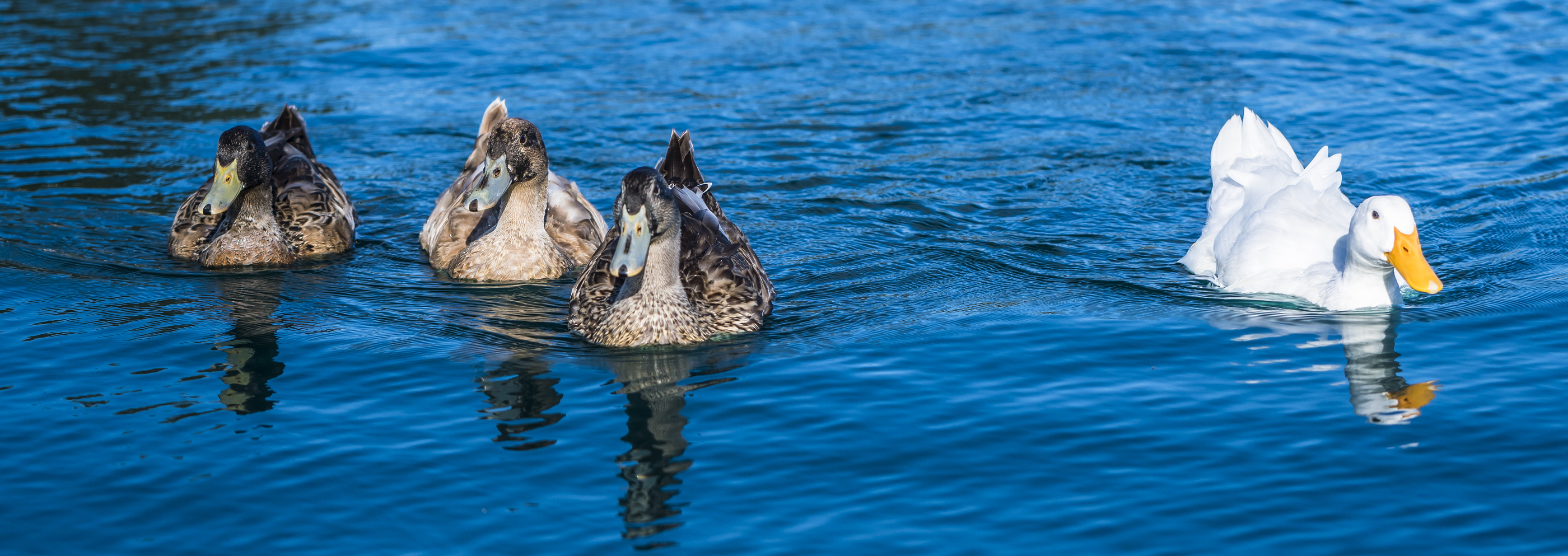
Duck, Duck, Goose
I never knew I’d be contemplating such deep philosophical questions. But, what, really, is the difference between a duck and a goose? How do you tell them apart? This is relevant now because I live on a lake and there are waterfowl everywhere. But, it’s mostly relevant because I’m somebody’s grandmother and I need to be able to point at an animal and identify it and the sound it makes for my grandson.
Here’s what I currently know about ducks and geese:
> Ducks quack. Geese honk. Okay, you’d think this would be an easy way to tell them apart, but it all sort of sounds the same out in the country.
> The pretty birds with green heads and white bands on their necks are mallard ducks. (Turns out this is just the males. Ugh.)
> The big birds with long black necks and white cheeks are Canadian geese.
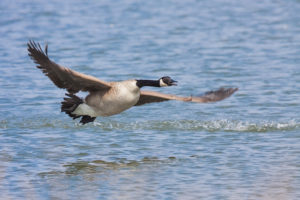
> Geese are big and white and have long necks.
> Geese are mean. I learned this experientially. My dad had a goose when we were little. It was so mean that the mail lady wouldn’t get out of her truck if the goose was out, for fear of being bitten and chased by an angry, flapping, honking goose. The ducks didn’t give a hoot who was coming and going. (Sorry to add owls to the mix.)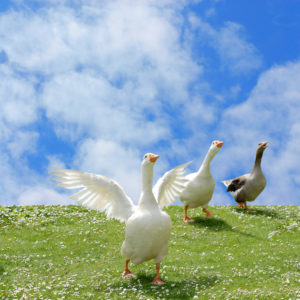
> Ducks and geese migrate south for the winter.
> Duck is a very fancy food: duck breast, Peking Duck, duck pate…
> But, nobody ever eats goose? Except when “your goose is cooked” which is a bad thing, I think.
> Geese are silly. “Silly goose!” ???
> If you’re the goose, you have to jump up and chase someone around a circle and tag them and some other rules or you end up in the mush pot. What the heck is a mush pot?
> Geese lay golden eggs.
> Ugly ducklings are really swans. (I don’t think we have swans.)
> You don’t want to go on a “wild goose chase.”
I guess the nursery rhymes, games, stories, and idioms from my childhood are an incomplete taxonomy. Clearly, I need to do some research.
As it turns out, all ducks are geese, but not all geese are ducks. What? That reminds me why I dropped that philosophy course my first year of college. I thought I was signed up for contemplation on the wisdom of philosophers like Plato, Descartes, Confucius, and St Thomas Aquinas. But, it was actually just a course in logic. While I was good at math, I couldn’t really get my head around caring about contemplating brain twisters and solving problems using linear reasoning. Boring.
But, now I am motivated, so I dove in to the research and learned a few things about ducks and geese:
> Ducks and geese belong to the same family: Anatidae.
> Ducks are shorter (also described as stouter) than geese.
> Geese only come in three colors: white, black, and gray.
> Ducks come in a broader range of colors.
> Geese have longer necks than ducks.
> Geese honk. Ducks quack. Male ducks make all kinds of random sounds including hissing, whistling, and yodeling. Yes, yodeling. Lol.
> Geese have more pronounced webbing in their feet than ducks do. I’m not sure I’m going to get close enough to investigate this fact.
> Ducks have broad flat bills, with nostrils up near their heads. Geese have shorter, pointier bills with the nostrils further down toward the end.
> Geese are vegetarians. They mostly eat grasses and shrubs. Ducks are omnivores and also eat fish, insects, and some amphibians.
> Geese are considered migratory birds. Ducks are not. Huh. I didn’t know that.
> Ducks display sexual dimorphism. Don’t get excited. This just means that the males are prettier to attract the more subdued looking females, like peacocks. Male and female geese only vary in size, but not in color.
Okay, that’s it. I now, theoretically, know the difference between ducks and geese. I’m not sure I’ll be able to readily apply this knowledge in the field without practice. But, Harrison won’t likely know the difference if I get it wrong every now and then.
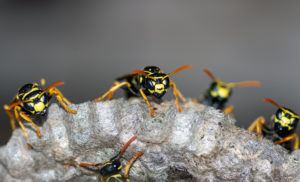
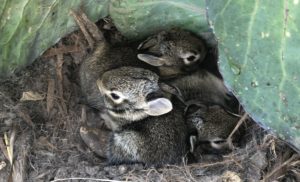
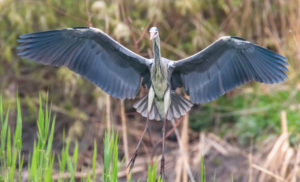
5 comments found